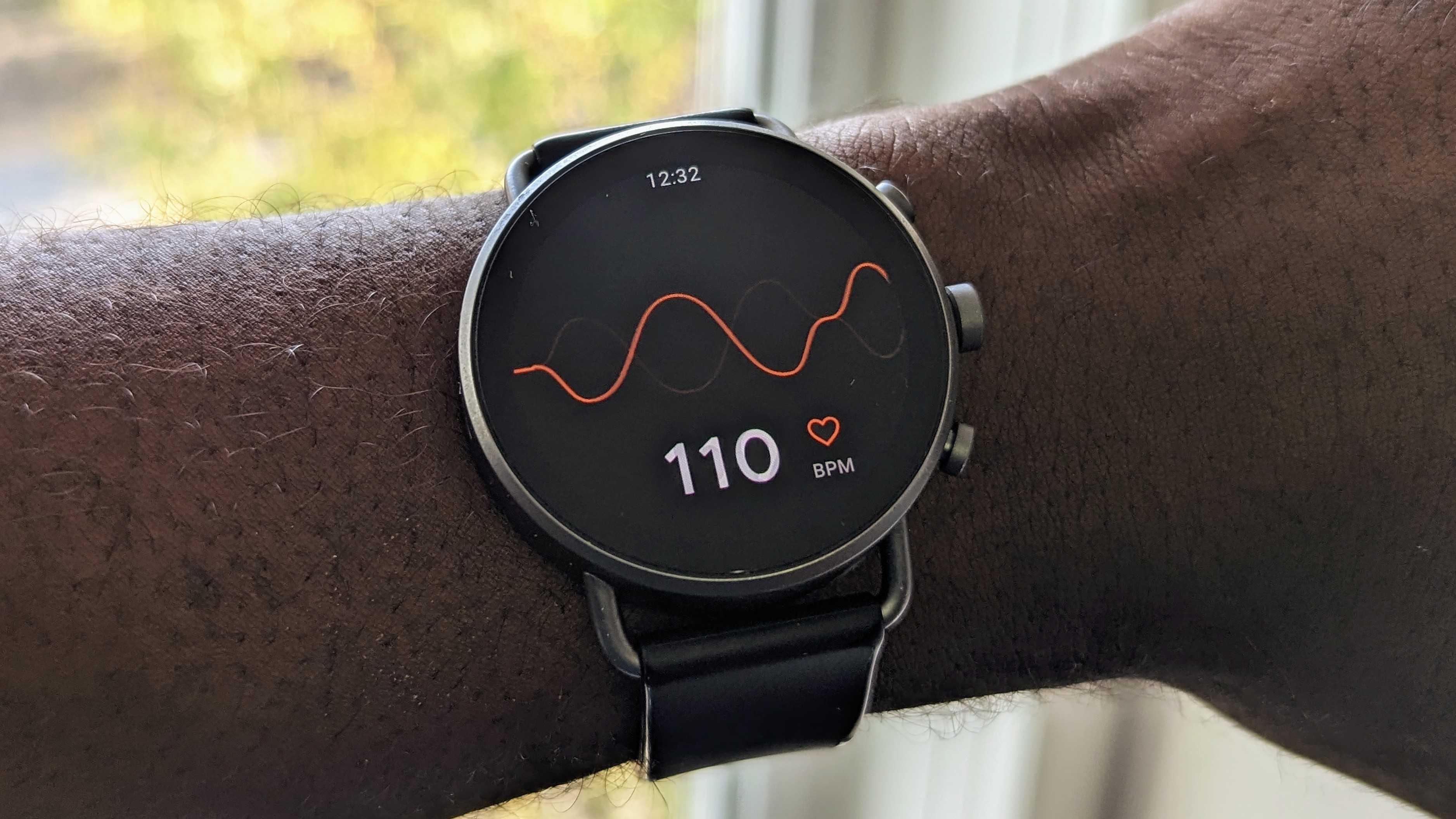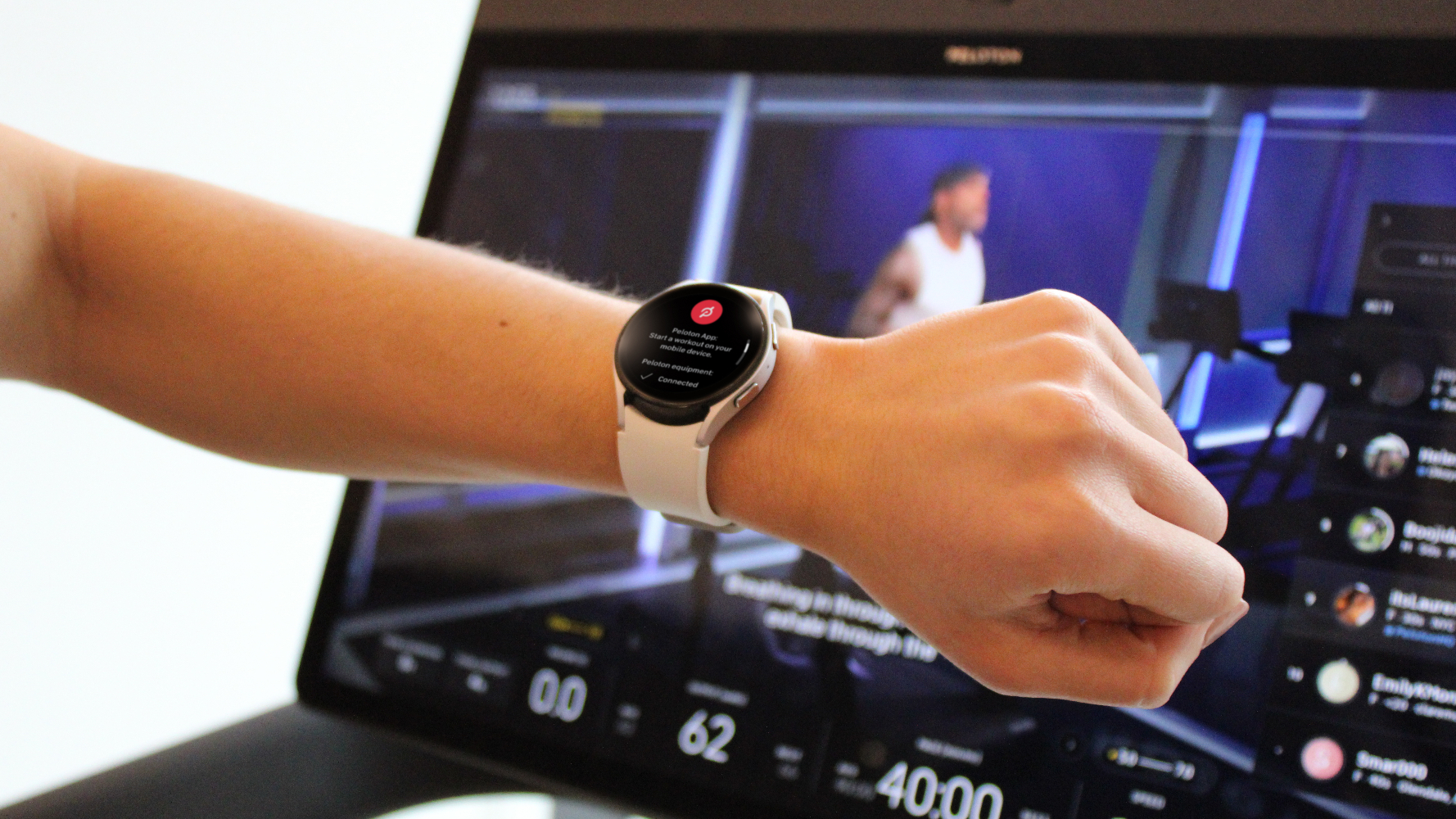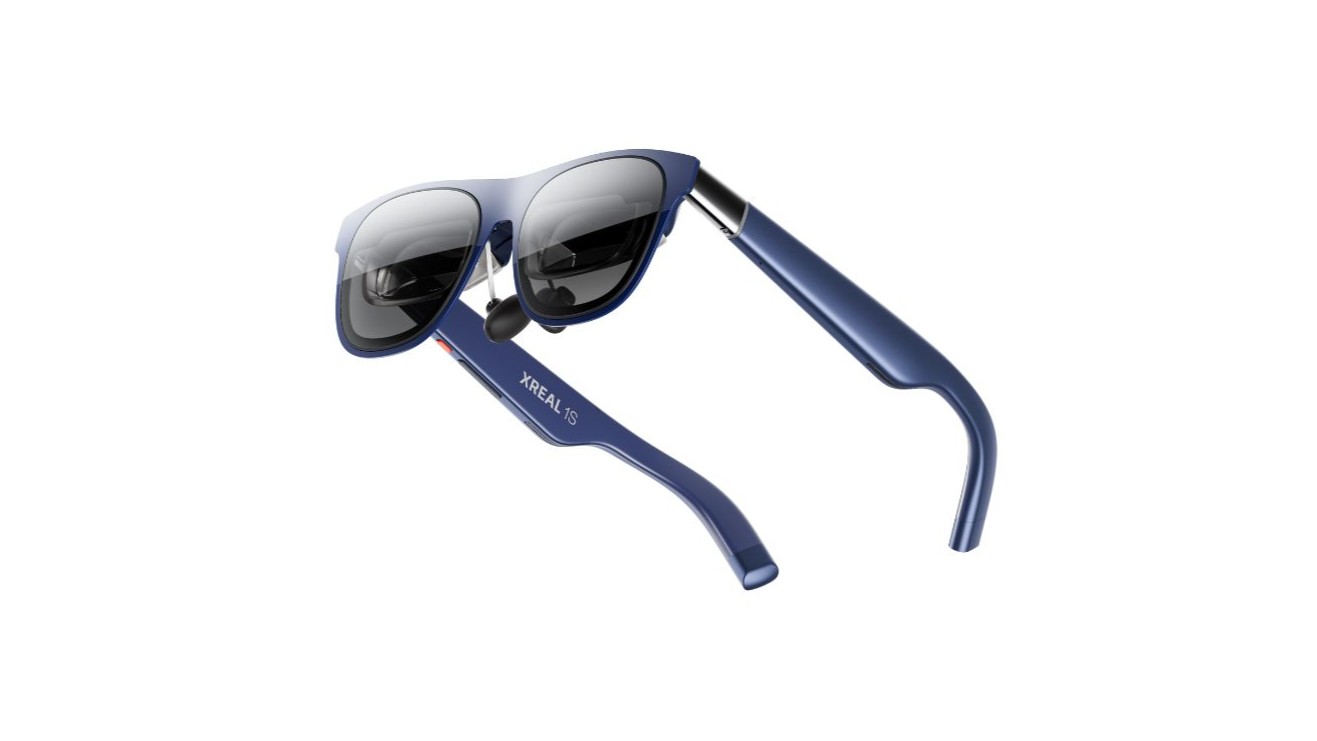Smartwatch makers need to get health features right or not add them at all
The fine print tells the story. Read it.

The Pixel Watch and Galaxy Watch now have two very important features to help you keep tabs on your health — AFib (irregular heart rhythm) monitoring and SpO2 (blood oxygen saturation) detection. Maybe these features should have been there at launch and there is room for that discussion but I'm more worried about reliability.
Health monitoring is important, even if you're healthy. It's one of those things that has to be done right or not done at all.
A smartwatch can be a valuable tool when it comes to monitoring your health. they can track your exercise and remind you to drink some water or get your butt out of your chair and keep tabs on your heart rate while you're doing all these healthy things.
Not all of these things need to be accurate. If you walked 9,272 steps and your watch says you walked 9,304 it's not a big deal. If your heart rate while exercising was 88 and your watch says it was 93 that's not a big deal, either. As long as it is consistent it's fine because you'll notice when something changes.
One of the web's longest-running tech columns, Android & Chill is your Saturday discussion of Android, Google, and all things tech.
Wearable AFib or SpO2 detection is not one of those things that can be inaccurate, but I can almost promise they will be. Even the machines in your local hospital have an acceptable tolerance and won't give an exact reading every time. They have to be reliable and consistent, though.
I, unfortunately, have first-hand experience with this. I'm reasonably healthy when it comes to my heart. I'm at that age where I visit a cardiologist as part of a yearly check-up and he tells me to eat less red meat and watch my cholesterol but no big deal.

There was that one time, though. I was taking a new medication and it caused an episode of Paroxysmal Atrial Fibrillation. That's a reaction that makes you think you're about to have a heart attack and drop dead. It's scary as hell.
Get the latest news from Android Central, your trusted companion in the world of Android
Just as scary is how my Galaxy Watch was telling me everything was fine even during round two of the event. Thankfully, I was laying in a comfy hospital bed with a gazillion wires taped to me so real equipment could do the actual monitoring and real people could interpret the readings.
That's the thing — a $300 wearable uses the cheapest parts available that can make a feature like heartbeat detection work with no regard for accuracy or reliability and no way to calibrate it. You can't compare it to an actual piece of real (and expensive as all get out) medical equipment.
The manufacturers know this and they even tell you this in tiny fine print or as a footnote on a product page or user manual. It's up to us to read it and understand it.

In case you didn't do either I'll chime in — I'm saying you can not trust the cheap tech on your wrist when it comes to your health. No matter how many articles you read about smartwatches saving lives or what some tech presenters say on a stage or a glossy infographic with big bold letters telling you it's so cool.
Your watch is a cheap disposable piece of plastic and the one thing it was designed to do well was make you want to buy it. Everything else is just a bonus.
What you can do, provided a watchmaker can at least be consistent if not accurate, is watch for a trend. If you're healthy and the things your watch tells you are usually about the same, be concerned when it tells you something different. If it tells you something different twice, see a doctor.
My doctors agree that a great wearable is both good and bad when it comes to your health. The good part is that they can make people watch their health and want to exercise more. The bad part is that some folks think the readings they see are a substitution for seeing a doctor once a year.
Don't be one of those people.

Jerry is an amateur woodworker and struggling shade tree mechanic. There's nothing he can't take apart, but many things he can't reassemble. You'll find him writing and speaking his loud opinion on Android Central and occasionally on Threads.
